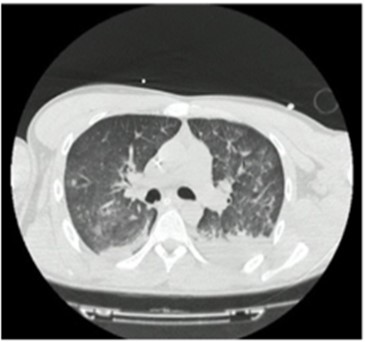Resumen
El vértigo y el mareo, considerado el primero como una sensación ilusoria rotacional y el segundo como una sensación alterada de los sentidos no relacionada con sensación de movimiento, son motivos frecuentes de consulta a urgencias, teniendo diagnósticos diferenciales extensos que incluyen afecciones tanto benignas como graves. Para los médicos de urgencias se establece como uno de los principales objetivos diferenciar y detectar enfermedades cerebrovasculares y condiciones críticas que requieran tratamiento agudo entre la mayoría de las consultas que se presentan como afecciones autolimitadas y benignas. El enfoque clínico debe incluir los factores desencadenantes, la intermitencia y tiempo de evolución de los síntomas; y ya que los estudios de neuroimagen como la tomografía computarizada de cráneo, la cual no es completamente sensible para excluir la presencia de lesiones de la fosa posterior, y la resonancia nuclear magnética de cerebro la cual puede no evidenciar lesiones dentro de las primeras 24 horas después del inicio de los síntomas, es importante estar familiarizado con el uso de pruebas clínicas que permitan diferenciar lesiones neurológicas de origen central y periférico.
No aplica

Esta obra está bajo una licencia internacional Creative Commons Atribución 4.0.
Derechos de autor 2022 Germán Danilo Ojeda Toro, Ludwing Olive Ariza Aguilar, David Montaña, José Fernando Parra


